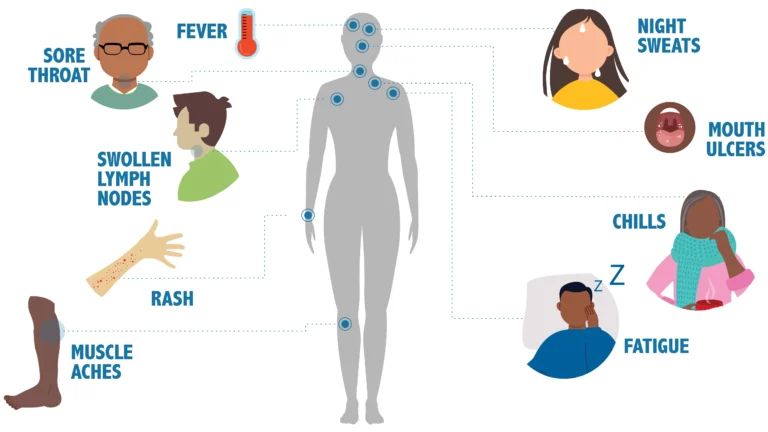Since 1987, the United States maintained a policy that barred people living with HIV from entering the country, based on the view that they posed a public health risk. A shift in policy to lift this ban brings U.S. practice closer to the majority of nations that do not treat HIV status as a ground for inadmissibility. For an overview of how different countries approach this issue, see the UNAIDS summary of HIV-related travel restrictions.
What the previous ban meant in practice
- Interrupted treatment: Some travelers concealed or left medications behind for fear of being denied entry or deported, risking lapses in therapy and poorer health outcomes.
- Family separation: People living with HIV were denied visas or residency changes, leading to deportations that split families and disrupted caregiving.
- Scientific barriers: Major HIV conferences and meetings shifted away from the U.S., limiting participation and collaboration for many clinicians, researchers, and advocates.
Why lifting the ban matters
Ending HIV-specific entry restrictions reduces stigma and aligns policy with current public health understanding. It also supports earlier testing and treatment—critical because many people, including straight men, delay testing. For more on that pattern, see Heterosexual Men Often Test Too Late for HIV.
The change also mirrors how other infectious conditions are managed globally—through routine, evidence-based care rather than categorical travel bans. For context on another common viral infection, read Understanding Hepatitis B.
Policy shifts can be emotionally charged. If anxiety or low mood around health status or travel has become difficult to manage, structured self-help can be a useful starting point. You might find Computerised CBT a practical way to build coping skills alongside professional support when needed.
Looking ahead
Removing the ban is a welcome correction that better reflects science and human rights. As with any international trip, travelers should always check the latest entry requirements and health guidance before departure.

